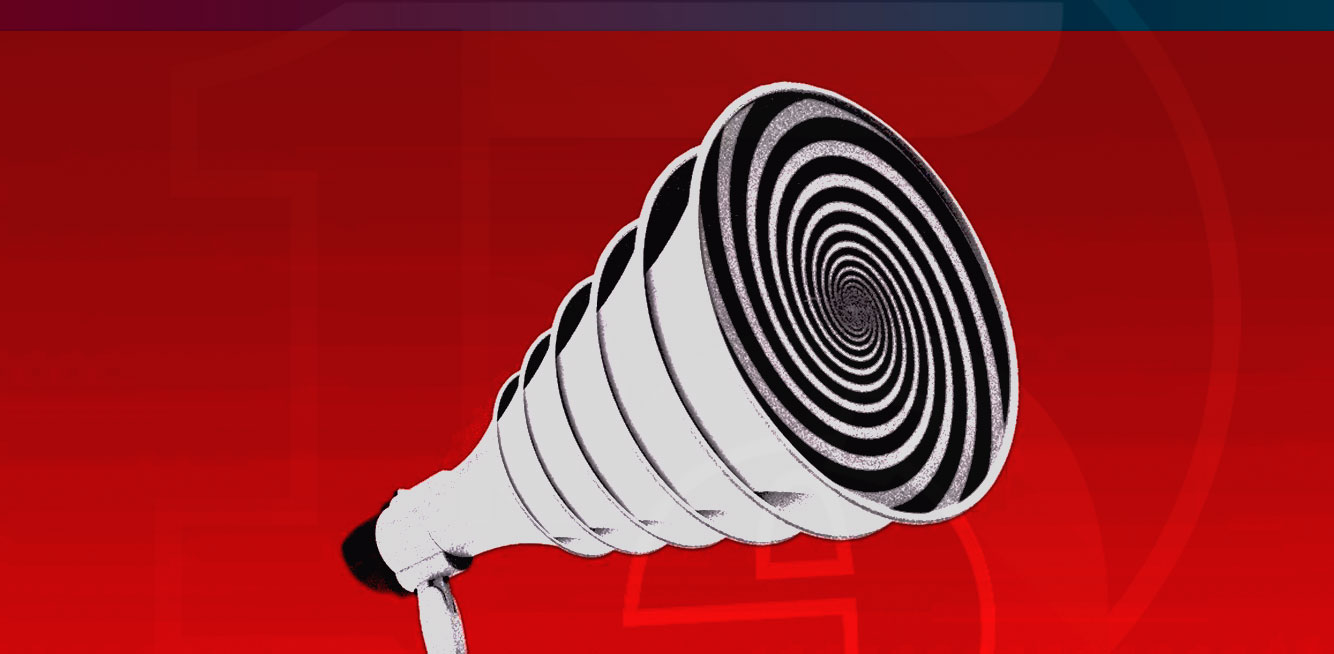And when that mountain exists, perhaps then we can finally see ourselves from above — cleansed of the dust that blinds us today.

The Power of Dissemination
Eight billion two hundred million human beings inhabit the planet. Among them, three hundred million use drugs. The coldness of mathematics would say that this represents barely 3.66% of humanity — a figure that, to the indifferent, might seem marginal; a number that fits neatly into the statistics of what’s tolerable. But behind those millions lie broken lives, wounded families, futures that collapse before they even begin to take shape. It’s not about percentages — it’s about people.
On June 26, 2025, the United Nations Office on Drugs and Crime once again revealed a disturbing fact often forgotten in official speeches: out of every twelve people suffering from a drug use disorder, only one receives treatment. The rest — eleven out of twelve — remain stranded in the open, trapped between social silence, political indifference, and the incapacity of health systems. Eleven out of twelve: the proportion of a shipwreck.
In this scenario, many wonder what good it does to talk, to write, to spread awareness. What power can words have against a problem measured in millions? The answer is simple: dissemination does not aim to save crowds; it seeks to open a crack, to become the rope someone reaches for just before letting go. If out of those three hundred million users, a single one decides to stop falling because of an article read, a talk heard, or a message shared, then the mission has been accomplished.
Success lies not in quantity but in the depth of impact. Whoever believes saving one life is too little has misunderstood the value of life itself. One rescued human being means an entire universe preserved: parents who don’t bury their children, children who don’t grow up orphaned, communities that don’t lose another piece of their fabric. Dissemination is a reminder that not everything is lost — that someone is still watching, that despite the noise and contempt, there are voices that refuse to fall silent.
Because if we fall silent, then yes, the monster wins. Indifference is the most fertile ground for human pain. To speak, to write, to persist — it is neither a moral luxury nor a naïve crusade: it is an act of resistance. It is refusing to accept that eleven out of twelve are disposable, that three hundred million can be reduced to an uncomfortable figure in an international report.
To spread awareness is to unsettle, to point out, to open a crack in the wall of silence. And if within that crack a single life can fit — one that is saved — then it is not a minor success, but an absolute triumph.
Because the word that rescues one person today may echo in others tomorrow. And that echo, multiplied, spreads among millions.
Through my research, I’ve discovered a terrible truth: each day, more people try to silence their demons with substances or behaviors that stand just one moment away from becoming a destructive force within their families — and therefore, their societies. Every normalized drink at a social gathering is a clouded mind that may make a grave mistake or dare to cross the line toward something more addictive, more harmful.
We live in the most vulnerable era of the human psyche — bombarded by everything, overwhelmed by the drug that enters through the eyes and settles in the mind: social media. It is necessary to join efforts and save the world, grain by grain, until a mountain as high as Everest rises.
And when that mountain exists, perhaps then we can finally see ourselves from above — cleansed of the dust that blinds us today.
Until next time.



